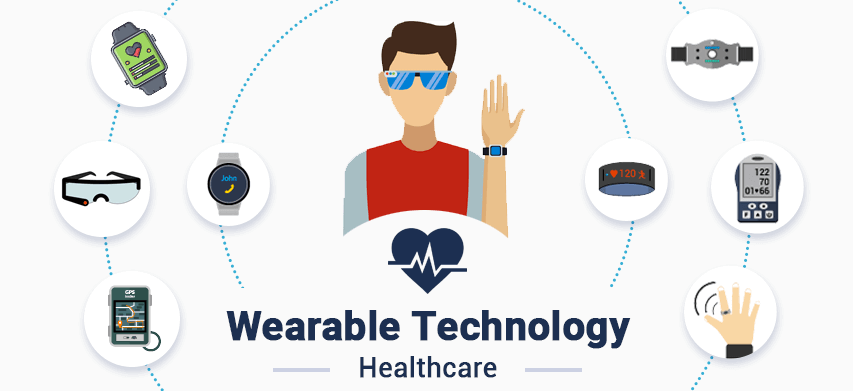
Wearable Technology: The Future of Personal Health
Josh Shear – Imagine a future where your health is monitored in real-time without ever visiting a hospital. Your heart rate, oxygen levels, sleep patterns, and even stress levels all tracked and analyzed every second by a small device on your wrist. This isn’t science fiction anymore. It’s the new reality made possible by wearable health technology , and we’re only just scratching the surface.
Read More : Is Digital Detox Now a Luxury Lifestyle?
Wearable technology refers to electronic devices designed to be worn on the body and connected to digital systems like smartphones or cloud platforms. The most popular examples today include smartwatches and fitness trackers. However, recent advancements have led to more sophisticated wearables, such as smart rings, augmented reality glasses, and even biometric sensor-embedded clothing.
Modern wearables now go far beyond counting steps or calories. They can detect sleep disorders, irregular heart rhythms, and even signal early symptoms of certain diseases. By integrating health data with personal health apps, these devices have become one of the most promising innovations in modern healthcare.
Modern lifestyles are busier and more stressful than ever. Many people don’t have the time for regular doctor visits or health checkups. Wearable technology offers a practical and efficient solution. These devices not only collect data but also provide insights and recommendations accessible anytime, anywhere.
Globally, there’s a shift toward preventive healthcare. Rather than focusing solely on treatment, the emphasis is now on early detection and prevention. For example, a smartwatch can notify you when your resting heart rate is abnormally high or remind you to move after sitting too long. These simple prompts can prevent long-term health issues.
The benefits of wearable technology in personal health are vast. Here are just a few:Heart and Blood Pressure Monitoring: Many smartwatches now feature EKG sensors and blood pressure tracking, helping detect conditions like arrhythmia or hypertension.Mental Health Management: Some devices track stress levels using heart rate variability and suggest breathing exercises for relaxation.Better Sleep Quality: Wearables analyze your sleep cycles and offer tips to improve your rest.Physical Activity Tracking: From steps taken to calories burned, everything can be monitored to encourage a more active lifestyle.Early Disease Detection: Smart algorithms in wearables can detect abnormal patterns that may indicate early signs of illness even before symptoms appear.
Despite the promise, wearable technology faces several challenges. One major concern is data privacy. Health information is highly sensitive, and without strong protection, it can be misused. Additionally, the accuracy of wearable devices is still under scrutiny. Not all collected data can be used for medical diagnosis without further validation.
Even so, the future looks bright. Innovations like AI integration, improved sensor accuracy, and more comfortable designs continue to push wearables forward. In the near future, wearables could predict heart attacks, detect cancer in early stages, or even monitor blood sugar levels without a single needle prick.
Wearable technology has proven itself to be more than a passing trend. It’s a revolutionary tool giving individuals greater control over their personal health. As these devices become more advanced, they’ll play an increasingly vital role in global healthcare systems.
If you haven’t tried wearable technology yet, now might be the time to consider it. Investing in a wearable device isn’t just about having the latest gadget. It’s about improving your quality of life, making smarter health decisions, and potentially preventing illness before it starts. With health data at your fingertips, you hold the power to live better every single day.
This website uses cookies.
